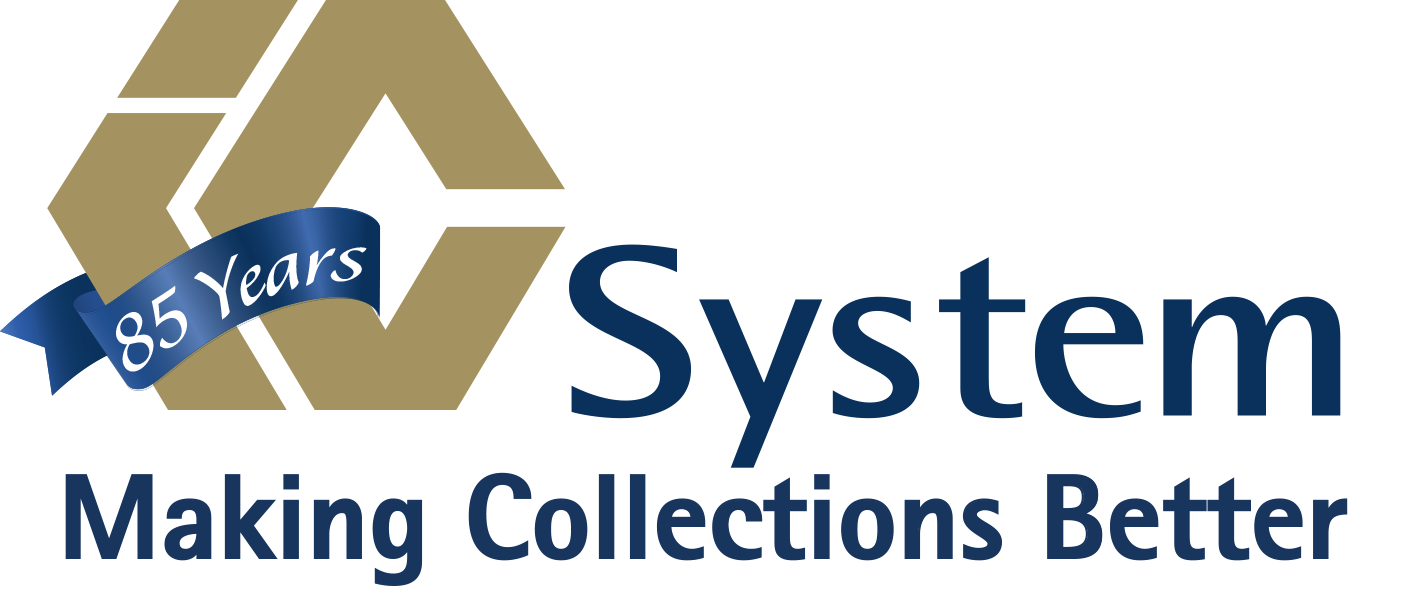Three Things to Know Before Publishing an RFP for Debt Collection Services

If you’re in charge of purchasing for your organization, then you’re no stranger to drafting RFPs. You might even have a tried-and-true RFP template that’s been blessed by your legal department and used for purchasing everything from construction projects to food service. But as you know, every industry has its own considerations. And unless your receivables department is writing your collections requirements for you, you’ll need to quickly establish enough expertise to know what to look for.
Every purchasing professional wants to find the best vendor for the job, and the key is asking the right questions. You want to be specific enough to avoid rambling and irrelevant responses, but not so specific that you arbitrarily disqualify strong candidates. The path to the perfect vendor is a narrow one to walk.
But what are the right questions for the debt collection industry? Here are a few points to keep in mind:
Experience and Commitment
There are well over 5,000 debt collection companies in the United States, ranging from small start-ups to established corporations. What’s the best way to weed out fly-by-night agencies? When you ask about experience, get specific. “How long has your company been in business?” is important, but the answers can be deceptive. A better question would be “How long have you provided municipal utility collections?” (or whatever your need is). But don’t stop there; follow up with something like “what lessons has your company learned about the unique challenges of collecting municipal utility debt?”
Another question that easily gauges the quality of a collection agency is, “Is your firm a member of ACA International?” The Association of Credit and Collection Professionals is a professional network that offers education and advocacy for the collections industry. The ACA has standards of ethics and compliance that they require of all of their member agencies. So, rather than doing all the legwork of vetting an agency’s integrity yourself, let the ACA do the vetting for you. Your respondents’ answers to this one question will speak volumes.
Look for a National Reach
Buying local is great when it comes to tomatoes, but given today’s interconnected world, it makes less sense when seeking debt collection services. You might be inclined toward a local firm because you want your consumers to be able to drop their payments off somewhere. But speaking as someone whose agency serves a number of local businesses, walk-in payments are exceedingly rare. Much more important to consumers are the options to easily pay by web and pay by phone.
Similarly, you might perceive that there are client service benefits to a local agency, or that the lines of communication might be more open if your vendor is right down the street. While this may sometimes be true, I’ve found that good service is good service, regardless of geographic proximity. You’ll obviously ask for references as part of your RFP process, but be sure to ask those references how responsive the firm’s client service department is. It’s better to be well assisted from 1000 miles away than ignored from one mile away.
Perhaps most importantly, consumers tend to move around. In fact, 15% of all past due balances are owed by consumers living several hundred miles outside of their original service area. If you want to recover that revenue, you’ll need an agency with the ability to collect on a national level. And that ability isn’t just about licensure; it’s about the expertise of knowing the regulatory pitfalls of 50 different states. In short, “hiring a local agency” often goes hand-in-hand with “hiring an agency that can only collect locally.” Worse, it might mean hiring an agency that shouldn’t be collecting nationally but is anyway…which puts you at legal risk. Don’t unnecessarily limit your options or expose yourself to liability by including requirements of dubious benefit.
In Recovery Success, Compare Apples to Apples
Many RFPs for debt collection ask some variation of “what’s your success rate?” In other words, what percentage of debt that is placed with your firm do you actually collect? That’s a tempting question, because it would seem to boil down performance to one all-important number. It’s as if you’re saying, “We have debt, and you collect debt, so how good are you at it? And please present your answer as a single percentage.” Then you can just balance that “grade” against the cost of services, determine the best value, and award a winner. Simple, right?
It’s not so simple. As with so many things, context matters. Asking for a single “success rate” with no understanding of how that number is calculated will result in a flood of apples-to-oranges comparisons that will ultimately tell you very little about your bidders. That’s because, in the collection world, the liquidity of a given account depends on numerous factors, including the debt’s age, balance size, geographical location, consumer demographics, and more.
For example, ABC Agency might respond that they have a success rate of 30%, whereas Receivables-R-Us has a rate of only 13%. What you might not know (if you didn’t ask) is that ABC Agency specializes in much younger, small-balance debt, which is inherently more liquid. Their 30% of a handful of $75 balances is somewhat less impressive than it might seem. Receivables-R-Us, on the other hand, is excellent at what they do: collecting large-balance debt that is several years old. Without context, a “success rate” comparison of these two firms is misleading. In fact, an agency with a lower “success rate” may likely be the one delivering higher returns.
If you’re going to ask about a success rate, couch your question in a reference to your specific needs. Similar to the approach we took above to gauging vendor experience, a stronger question would be, “What is your success rate collecting municipal utility accounts?” Alternatively, go ahead and ask for an overall success rate, but follow that up like a high school math teacher: “and please show how you calculated that figure.”
Getting Started
The best starting place for writing an RFP is to browse the service offerings of some experienced agencies, get a sense of what you want, and reverse engineer your requirements based on that. Better yet, talk with a sales representative who can give you a crash course in the collections industry. Once you’ve drafted your RFP and the formal procurement process begins, those discussions will have to end, of course. After all, most procurement processes institute a “quiet period” from the point of RFP release to the point of award notification, to avoid any vendors improperly influencing the evaluation team. But while you’re drafting it, there’s nothing wrong with seeking the guidance of someone who knows the business.
Ready to get started? Email IC System for assistance at Proposals@ICSystem.com.
Learn why it’s important for you to find a Nationally Licensed collection agency!
About the Author: Mark Pollard










